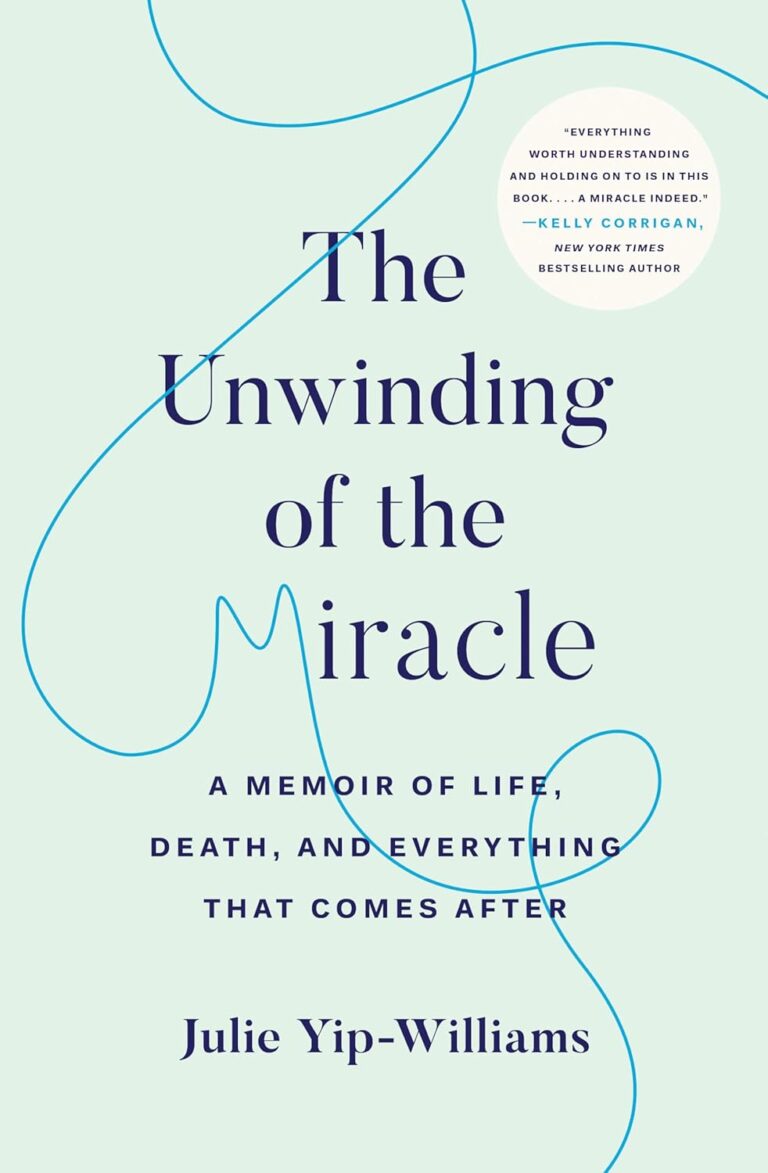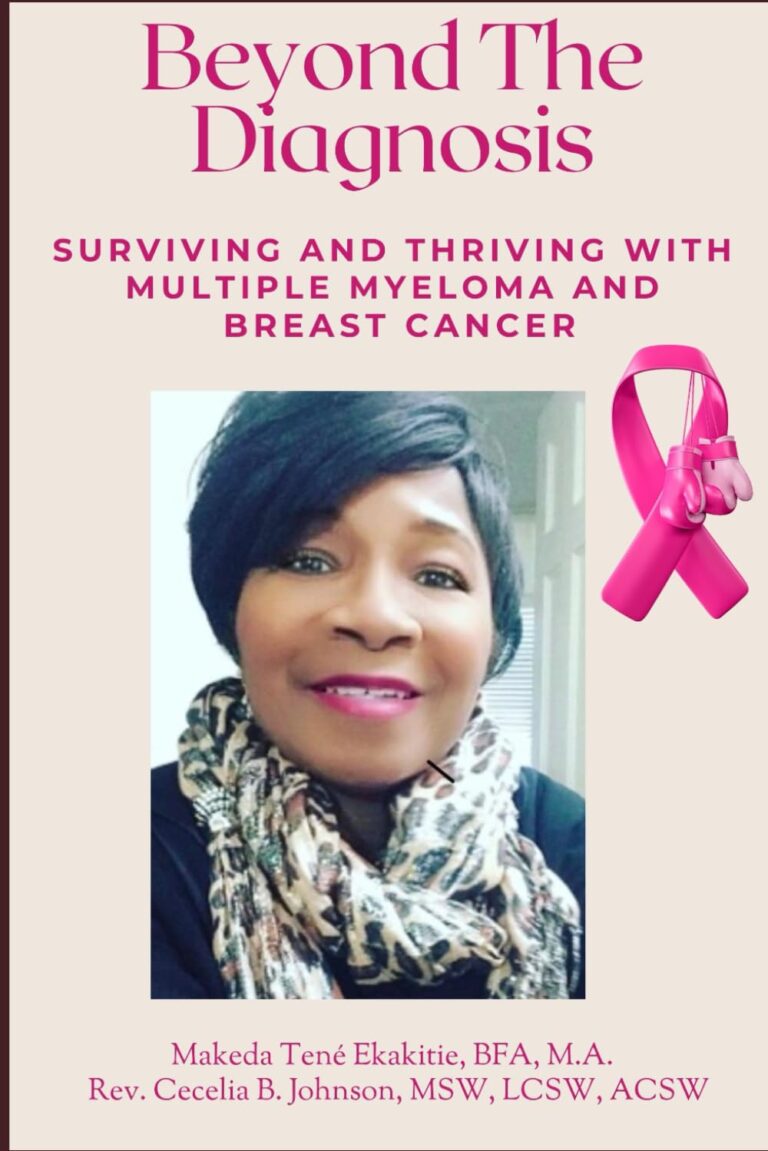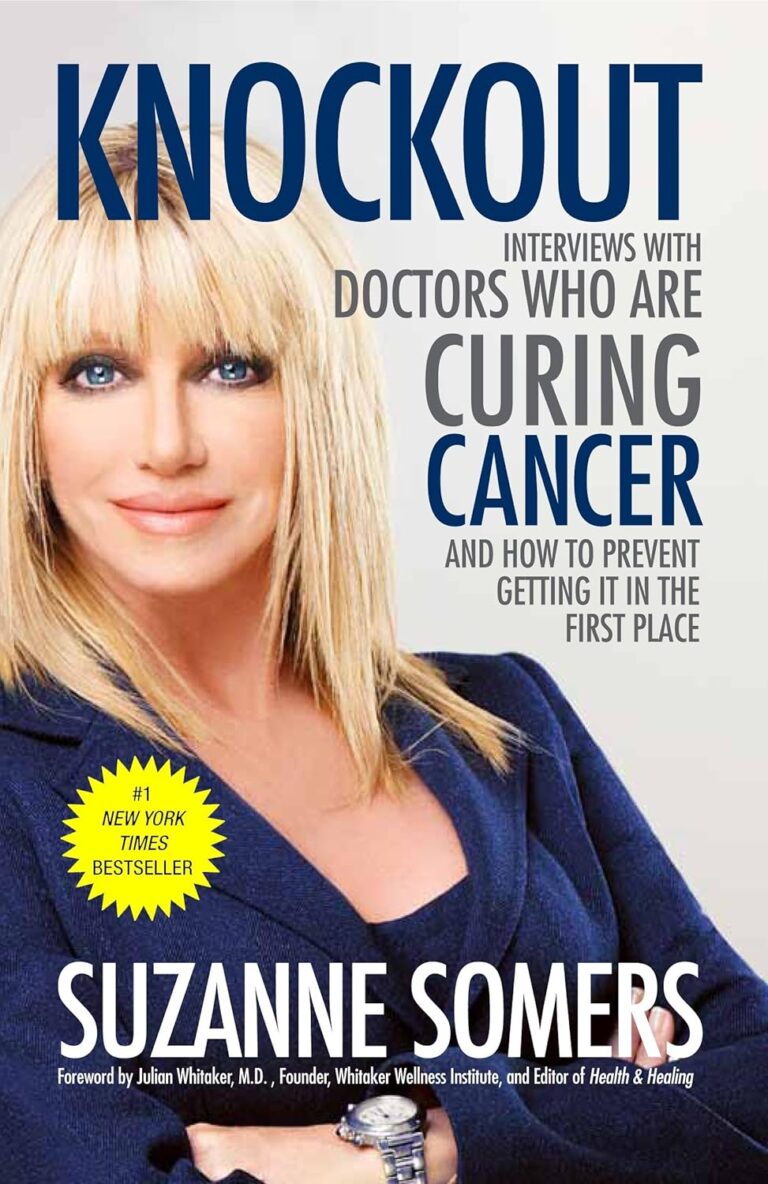
The human body operates a vast and complex network of cells, each with specialized functions. Among these cells are the little-known, but immensely important, eosinophils. These unsung heroes of the microscopic universe maintain our health by playing active roles in infection control and immune response. In this comprehensive exploration, we delve into the fascinating world of eosinophils and their crucial role in the human body.
Brief Overview of the Importance of White Blood Cells
Often referred to as the body’s internal army, white blood cells are an essential part of our immune system. They protect the body against both infectious disease and foreign invaders. One of these potent defenders are Eosinophils, a type of white blood cell that plays a significant role in battling various health challenges.
Definition and General Explanation of Eosinophils
Eosinophils are specialized cells that form part of the body’s immune system. Primarily, their role is to combat parasites and participate in allergic reactions. Unfortunately, an imbalance, either having too many or too few, can lead to health concerns.
The Nature of Eosinophils: What Are They?
Origin and structure
Eosinophils originate within the bone marrow, before being circulated throughout the body. Structurally, they are granular cells filled with cytotoxic granules, small sacs containing enzymes and proteins that help fight off invaders.
Function and importance
Eosinophils have a dual function in controlling infections and moderating inflammation. They eradicate invading parasites and also have a significant role in the inflammatory pathway, especially during allergic responses.
The Unique Characteristics of Eosinophils
Unique structure
The hallmark characteristic of eosinophils is their structure. Stuffed with granules, which are high in proteins and enzymes, these cells can directly combat foreign entities.
Life cycle
Eosinophils are born in the bone marrow, circulate within the bloodstream and ultimately take residence in tissues, particularly in the gut, lungs, and skin. Typically, they have a lifespan of 8-12 days, although this can vary.
Presence in bodily tissues
Eosinophils are mostly found in the tissues of the body. Their activity increases when the body signals an invader has breached the human body’s defense system.
Get to know us better
If you are reading this, you are in the right place – we do not care who you are and what you do, press the button and follow discussions live

The Role of Eosinophils in the Immune System
How eosinophils battle parasites and bacteria
Eosinophils are natural parasite killers. Once a parasite invades the body, eosinophils swarm the site of infection releasing their granules loaded with toxic proteins that kill the invader.
Their role in immune response
Eosinophils also lay the groundwork for other immune responses. They produce chemical signals to recruit other immune cells to the site of infection or inflammation, orchestrating a comprehensive immune response.
The Impact of Eosinophils on Inflammation and Allergic Reactions
Impact on inflammatory processes
Eosinophils play a significant role in the generation of inflammation by releasing substances that attract other immune cells to the inflammation site, perpetuating the state of inflammation.
Connection with allergic diseases
Eosinophils are key players in allergic reactions. During an allergic reaction, eosinophils release inflammatory chemicals, which can cause symptoms like redness, swelling, and itching.
Eosinophils and Disease: What Happens When There Are Too Many or Too Few
Eosinophilia: Too Many Eosinophils
- Causes of eosinophilia: Eosinophilia can be caused by a range of factors, including parasitic and fungal infections, allergies, adrenal conditions, and certain types of leukemia or autoimmune disorders.
- Symptoms and detriments: Common symptoms of eosinophilia include abdominal pain, diarrhea, coughing, and fatigue. If left untreated, excessive eosinophils can cause tissue damage.
Eosinopenia: Fewer Eosinophils
- Causes of eosinopenia: Causes of low eosinophil counts or eosinopenia include certain medications, excess production of certain hormones, and a rapid response to severe infection or inflammation.
- Symptoms and risks: Eosinopenia does not typically show symptoms, but those with extremely low counts are more vulnerable to infections.
Diagnostic and Therapeutic Approaches Related to Eosinophil Levels
Detecting Abnormal Eosinophil Levels through Blood Tests
Abnormal eosinophil levels can be identified through blood tests as part of a complete blood count (CBC). An increase or decrease in this count can help diagnose underlying conditions.
Medical Treatments to Regulate Eosinophil Levels
Depending on the cause, treatments to regulate eosinophil levels may include antiviral medications, antifungal drugs, chemotherapy for cancer patients, or corticosteroids to help control inflammation and lower eosinophil counts.
Lifestyle Changes and Prevention Tips
Lifestyle modifications like availing a balanced diet, maintaining hygiene to prevent infection, and routine health checks can help maintain normal eosinophil levels.
Conclusion
Summary of Key Points
Understanding the critical role that eosinophils play in our health is vastly important. Defending the body against parasitic infections, orchestrating immune responses, and mediating inflammation, and allergies are the main roles of these unique cells, and maintaining their optimal level is key.
The Significance of Eosinophils to Human Health
Eosinophils are essential to human health. Dysfunction in their number or performance can increase predisposition to diseases or reflect an underlying condition. Therefore, understanding our body’s silent warriors helps us understand our health better.
FAQs:
- What are eosinophils and why are they important?
Eosinophils are a type of white blood cell that primarily combat parasites and moderate inflammation. The healthy function of eosinophils is crucial to human health.
- How do eosinophils fight off infections and diseases?
Eosinophils respond to infections, especially from parasites, by releasing toxic granules that eliminate these foreign invaders. They also signal other immune cells to boost the body’s defense.
- What could cause an increase or decrease in eosinophil levels in the body?
An increase in eosinophils, called eosinophilia, can be due to parasitic and fungal infections, allergies, adrenal conditions, and certain cancers. A decrease in eosinophils, known as eosinopenia, can be a result of certain medications, hormonal imbalances, and severe infections.
- What are some common symptoms and risks associated with abnormal eosinophil levels?
Eosinophilia can cause symptoms like abdominal pain, diarrhea, cough, and fatigue. Eosinopenia usually does not display symptoms, but it can make the person more susceptible to infections.
- How are abnormal eosinophil levels diagnosed and treated?
Abnormal eosinophil levels are detected through blood tests. Treatments may include anti-infective medications, anti-inflammatory drugs, and lifestyle modifications.

















Comments
Thank you. Comment sent for approval.
Something is wrong, try again later